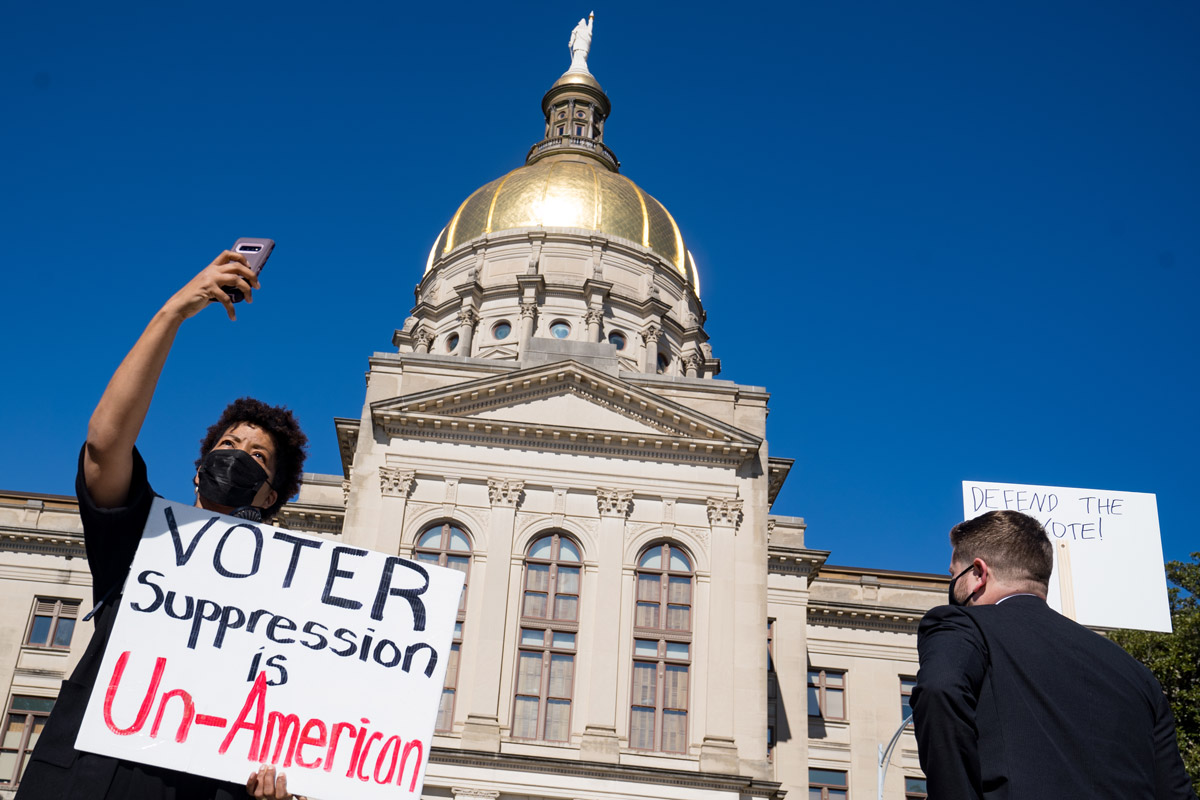Politics
House Republicans Pass Controversial Federal Election Bill Amid Claims of Voter Suppression

The Save America’s Votes and Elections (SAVE) Act, a controversial bill introduced by House Republicans, has sparked intense debate after its passage on Wednesday. The bill, championed by conservative Rep. Chip Roy and linked to former President Donald Trump‘s election integrity concerns, aims to tighten voter registration requirements for federal elections.
Democrats, however, have vehemently opposed the SAVE Act, arguing that it could suppress voter turnout and disenfranchise American citizens. The legislation’s focus on mandating documentary proof of citizenship during voter registration has raised concerns about accessibility and potential barriers for eligible voters.
During the House debate, Republicans pointed to President Joe Biden‘s immigration policies as driving the necessity for stricter election laws. The bill’s proponents highlighted the influx of immigrants under the current administration as a rationale for the SAVE Act, despite data indicating minimal instances of noncitizen voting.
The SAVE Act’s central provision requires individuals to provide documentation such as a passport or birth certificate to verify citizenship when registering to vote. Critics warn that this requirement could disproportionately impact certain demographics, including individuals without easy access to such paperwork.
House Democrats’ resolute stance against the bill underscores their broader concern about potential voter suppression tactics. The legislative clash reflects a deep partisan divide on election integrity issues, with Republicans advocating for stricter measures while Democrats emphasize protecting voting rights.
The SAVE Act’s passage in the House raises questions about its prospects in the Senate and the likelihood of a presidential veto. With the 2024 elections looming, the bill’s implications for voter registration and participation remain at the forefront of the political discourse.












